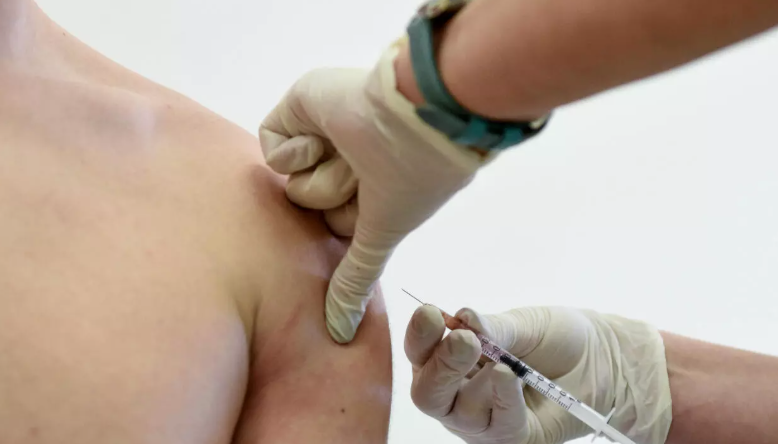Racist accusations over epidemics in Russia
The Moscow Academy of Sciences points the finger at migrants and specific groups such as gypsies and Orthodox Jews for the increase in the spread of infectious diseases such as measles. Low vaccination coverage is also felt in Russia. Epidemiologist Poznjakov: ‘It should rise to at least 95% to avoid epidemic peaks.’
Moscow (AsiaNews) - The Russian Academy of Sciences has expressed concern that the recent significant increase in infectious diseases in Russia, especially measles, is linked to the rise in the number of unvaccinated migrants, particularly among Roma and a number of religious groups, including Orthodox Jews. This racist opinion was expressed in an interview on the Rtvi platform by Nikolai Briko, head of the Department of Epidemiology at the Sechenov University Institute of Social Medicine in Moscow.
According to the academic, “90% of those infected are unvaccinated or have only received one dose of the vaccine, and this has lowered herd immunity levels, a phenomenon that affects not only Russia but also the United States and Israel”. In his opinion, a further threat comes from cases imported from abroad, linked to labour migration, tourists and forcibly displaced people who were not vaccinated and become sources of infection for everyone they come into contact with.
Briko then insisted that the group of people at risk includes representatives of religious communities who systematically refuse any type of vaccination on the basis of their beliefs, naming in particular Orthodox Jews, Baptists and members of other denominations, as well as communities of various variants of the Roma ethnic group. In his opinion, these groups live in isolation from the rest of society and are not easily amenable to medical checks and vaccination campaigns.
The head physician also pointed to a number of problems with the organisation of vaccinations, which are leading to a continuous deterioration in the epidemiological situation. These include violations of the rules for the storage and transport of live vaccines, in particular those against measles, rubella and mumps, whereby “if these preparations lose their potency due to improper storage, the vaccination is completely ineffective”.
Statistics confirm the seriousness of these concerns, at least in numerical terms: the June report by the control agency Rospotrebnadzor on the health and epidemiological situation in Russia in 2024 shows an exponential growth in infectious diseases compared to all indicators for the last 10 years, starting in 2012, excluding the two years of the Covid-19 pandemic, 2020-2021. Last year, haemophilic infectious diseases increased 13.4 times (3,526 cases), measles 11 times (22,455 cases), rubella 6 times, whooping cough by 4.5 times, mumps by 3.5 times, West Nile fever by 3 times, influenza and community-acquired pneumonia by 2 times.
The economic damage linked to measles is estimated at over 2 billion roubles (20 million euros) for last year, and other infectious diseases also have a significant impact on the state health budget, considering the life-threatening nature of various forms of these diseases, especially haemophilic diseases that affect the respiratory organs and brain membranes. Both children and adults suffer from measles, with a contagiousness rate of nearly 100% according to the Population Health Education Centre, which involves very high fever, inflammation of the mucous membranes of the oral cavity and upper respiratory tract, conjunctivitis and skin rashes. There is no specific treatment for measles, which can only be prevented by vaccination.
According to data from the UN Children's Fund, 127,300 cases of measles were reported across Europe in 2024, the highest figure since 1997. The percentage of people vaccinated is not increasing across Europe, especially in Russia, as noted by infectious disease specialist Andrej Poznjakov of the Invitro-Sibiri centre, who believes that vaccination should cover at least 95% of the population to avoid epidemic peaks and “not lead the population to new forms of restriction and quarantine, which certainly no one wants”.
11/08/2017 20:05







.png)










